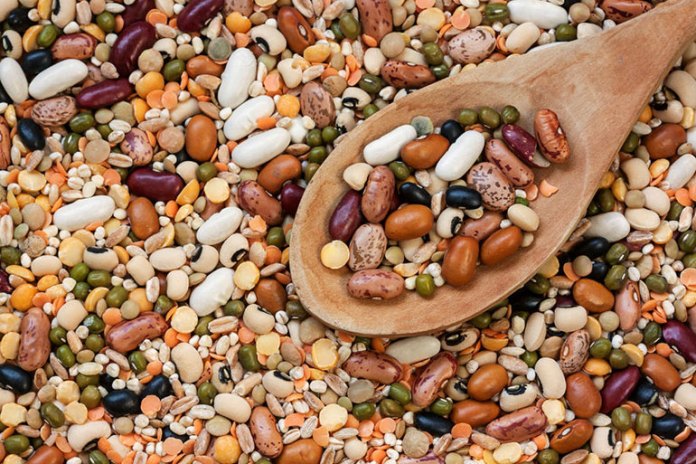Chest pain can be scary, but it’s not always about your heart. Gas might be the culprit! While you might find it embarrassing, know that it’s perfectly normal. Most of us pass gas anywhere between 13–21 times a day. But if your body is bloated because of gas, it could lead to chest pain.
You might think, “Isn’t gas in my stomach?” It’s true, and it explains why bloating, discomfort, and abdominal pain are symptoms caused by gas.12 But excess gas can creep up, causing burping or belching. Plus, the upper abdomen is your chest’s next door neighbor. When your belly hurts, so can your chest.
Causes Of Excess Gas
1. Swallowing Air

We all swallow air while eating or drinking but overdoing it leads to gas. Chewing gum, smoking, sucking on hard candy, and eating or drinking too fast are common causes of gas. If you wear dentures, make sure they fit properly. Loose-fitting dentures can also bring in more air.
2. Drinking Carbonated Beverages

Fizzy, carbonated drinks are known for causing belching and flatulence. Beverages like soda and sparkling water are full of extra air. What else would be in those bubbles but gas?
3. High-Fiber Foods

Your stomach and small intestine can’t fully digest fiber. Bacteria in your large intestine can finish it off, creating gas in the process. Fiber is good for you but increase your intake slowly. Eating too much too fast will bring on the gas, constipation, and chest pain.
4. Food Intolerances

Some of us can’t break down carbs. And undigested carbs can cause bloating, gas, and diarrhea. Lactose, which is found in dairy, is a common offender. Fructose in fruit or high-fructose corn syrup also makes the list. For people with celiac disease, gluten is the problem. It damages the small intestine’s lining, causing gas.3
How To Get Rid Of Gas
1. Eat And Drink Slowly

As hungry as you might be, don’t eat too fast. Take time to completely chew and swallow, and don’t talk with your mouth full. Otherwise, you’ll gulp down lots of air. The same goes with drinking fast. So slow down!
2. Avoid Carbonated Drinks

Fluids are important, but not all drinks are created equal. Carbonated drinks can easily make you feel gassy. Moreover, they also damage the tooth enamel, putting you at risk of tooth decay.4
3. Avoid Specific Foods

Pay attention to how you feel after eating certain foods – be it dairy or wheat. If you can’t fully digest something, skip it. Your doctor can help you pinpoint which foods you should avoid.
4. Try Some Ginger

For more than 2,000 years, ginger has been used to treat digestive problems.5 Gingerol, its active compound, has effective anti-inflammatory and analgesic properties.6 The heat of ginger tea will soothe bloating, but you can also take ginger pills or lozenges. If you can handle the intense flavor, chew on a thumb-sized piece of raw ginger.
5. Indulge In Papaya’s Enzymes

As a digestive aid, papaya enzyme will reduce gas and chest pain. Pills are available at health food stores. Not a fan of the pills? Don’t worry, you’ll get the same therapeutic benefits from the whole fruit.7
6. Curb It With Activated Charcoal

To reduce intestinal gas, take 1–2 charcoal pills. It will also reduce chest and stomach pain.8
Don’t take it every day, though. Charcoal might interact with your prescription drugs, so check with your doctor before trying it out.9
If chest pain lingers or gets worse, don’t ignore it. Also, chest pain accompanied by nausea, vomiting, or headaches, is a red flag. Immediately consult a doctor.
References





